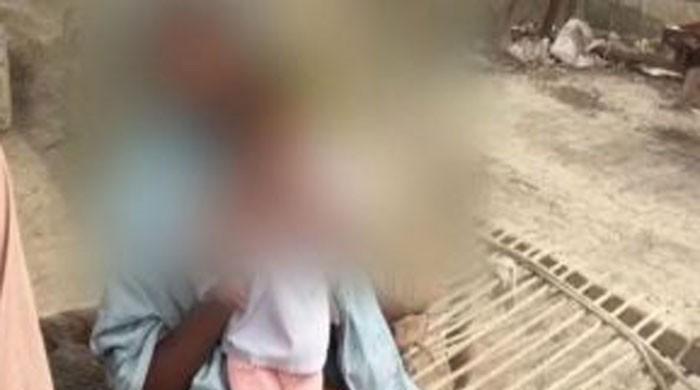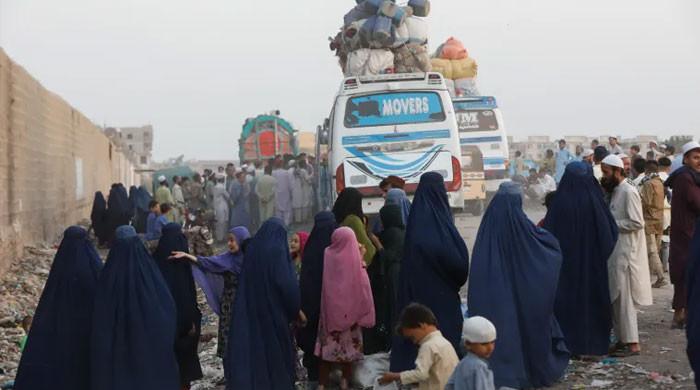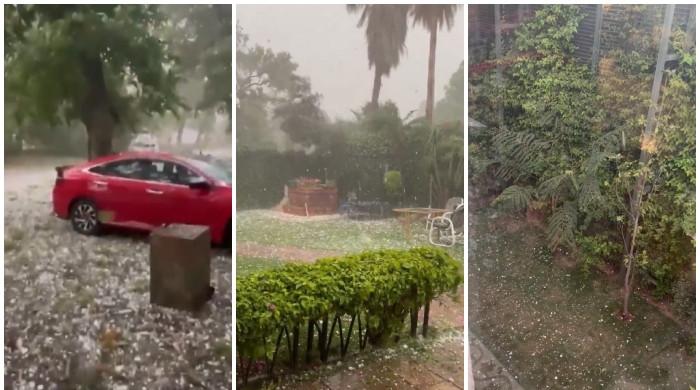Police identifies four more suspects in Rajanpur rape case
Four more suspects in the Rajanpur rape case, where a 13-year-old girl gave birth to a child last year after being raped
March 22, 2017

RAJANPUR: Police has named four more suspects in the Rajanpur rape case, where a 13-year-old girl gave birth to a child after she was raped last year.
SP Rajanpur Irfanullah said that police suspected four other people of being involved in the crime along with Kashif, 40, who has fled his house. Police has ordered DNA tests for all five suspects.
However, in a turn of events, the four suspects named by police to be involved in the incident fled their residence on Tuesday night.
Last week Geo News reported that a 13-year-old rape victim had given birth to a child in November 2016, the only proof that could lead the court to her alleged rapist.
A* was raped last year at her Quran teacher’s house allegedly by 40-year-old Kashif.
Not bowing down to the backward traditions of the area, where often such incidents are hushed, the victim’s father, a labourer, spoke out. After finding out that his daughter was pregnant he filed a report with the police, and decided to bring the child in this world so that it could count as evidence in the court.
Amendments in the rape law last year make DNA test for victims mandatory, penalise the police for delaying investigation, and allow victims to testify in court through an in-camera session.
Chairperson Human Rights Commission Pakistan (HRCP) Zohra Yousuf said that in this particular case the child will serve as crucial evidence.
“After October 2016 the law makes DNA test compulsory in all rape cases. In this case it should not be difficult to establish a link,” she said.
Women rights organisation Aurat Foundation director Mehnaz Rehman said that giving birth to the child was a "bold move" by the family. She said that in this case the rapist should be punished and expenses for the child should be borne by the state.
"Even if the rapist- the child's biological father- pays for his expenses, he should have no contact with the child," she said.
Rajanpur, a city in southwest Punjab, is marred by social inequalities where large landowning families live alongside an extremely poor landless population.
*Name hidden to protect privacy











